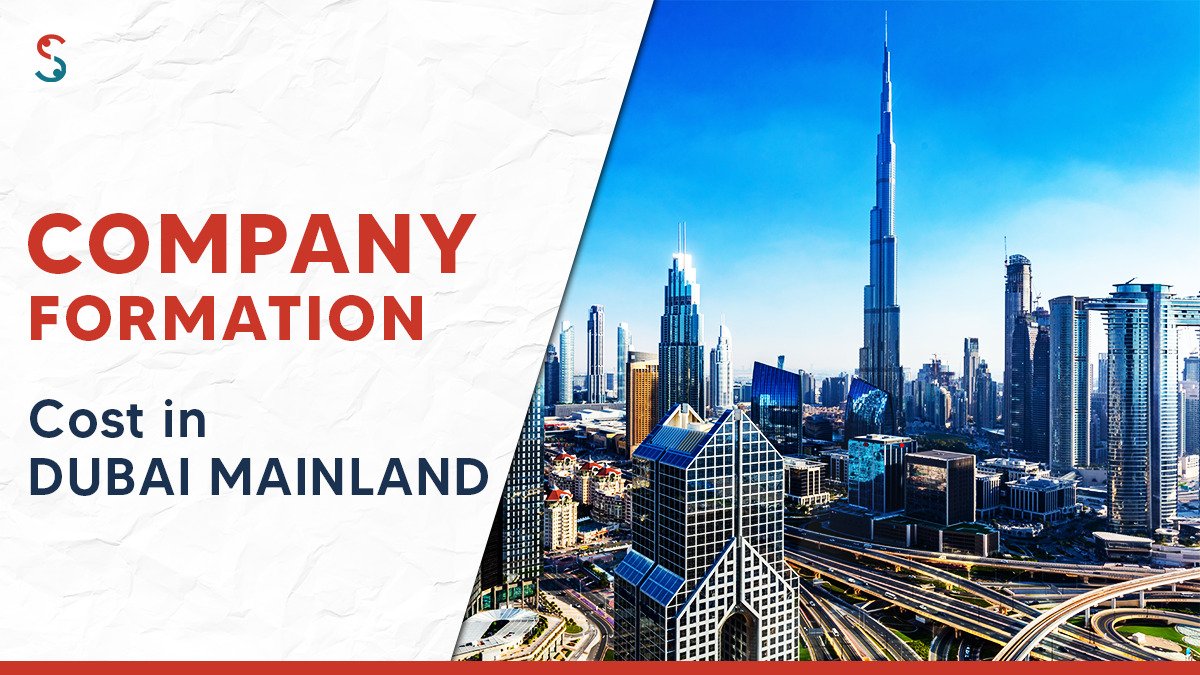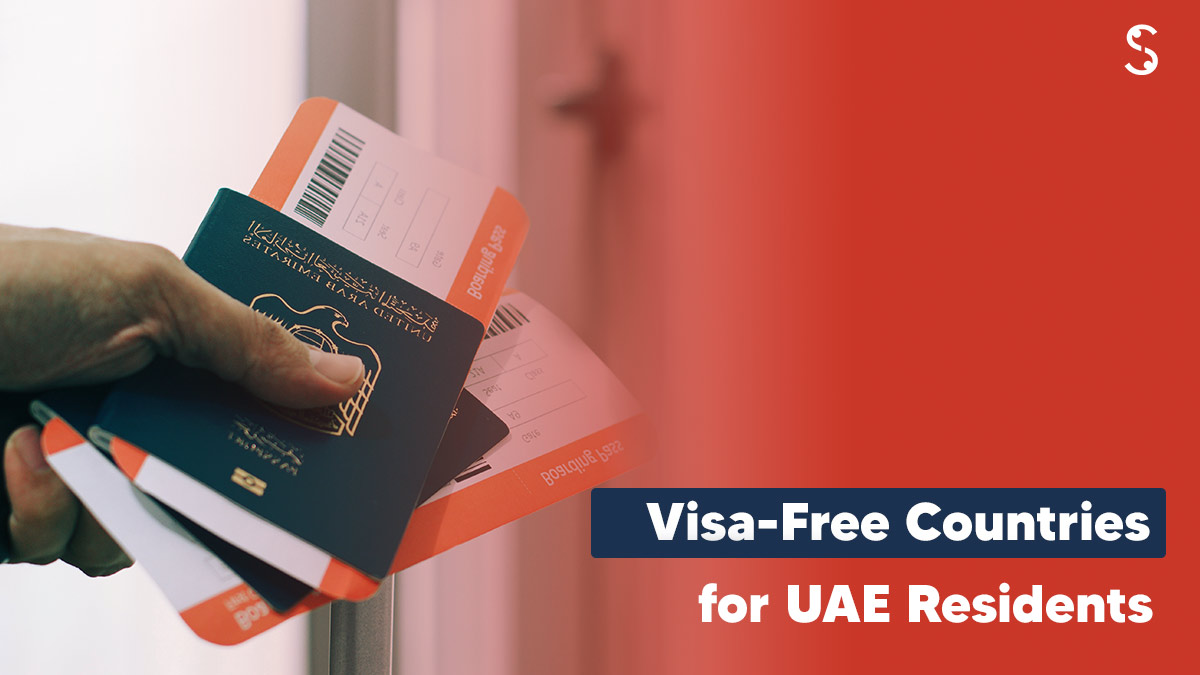How To Start a Beauty Salon Business in Dubai, UAE?
The beauty industry in Dubai, UAE, is booming, with a growing demand for high-quality beauty services and products. If you’re passionate about beauty and entrepreneurship, starting a beauty salon business in Dubai could be the perfect opportunity for you. Why choose Dubai? Imagine offering top-notch services to a diverse, beauty-loving crowd eager for the latest […]











